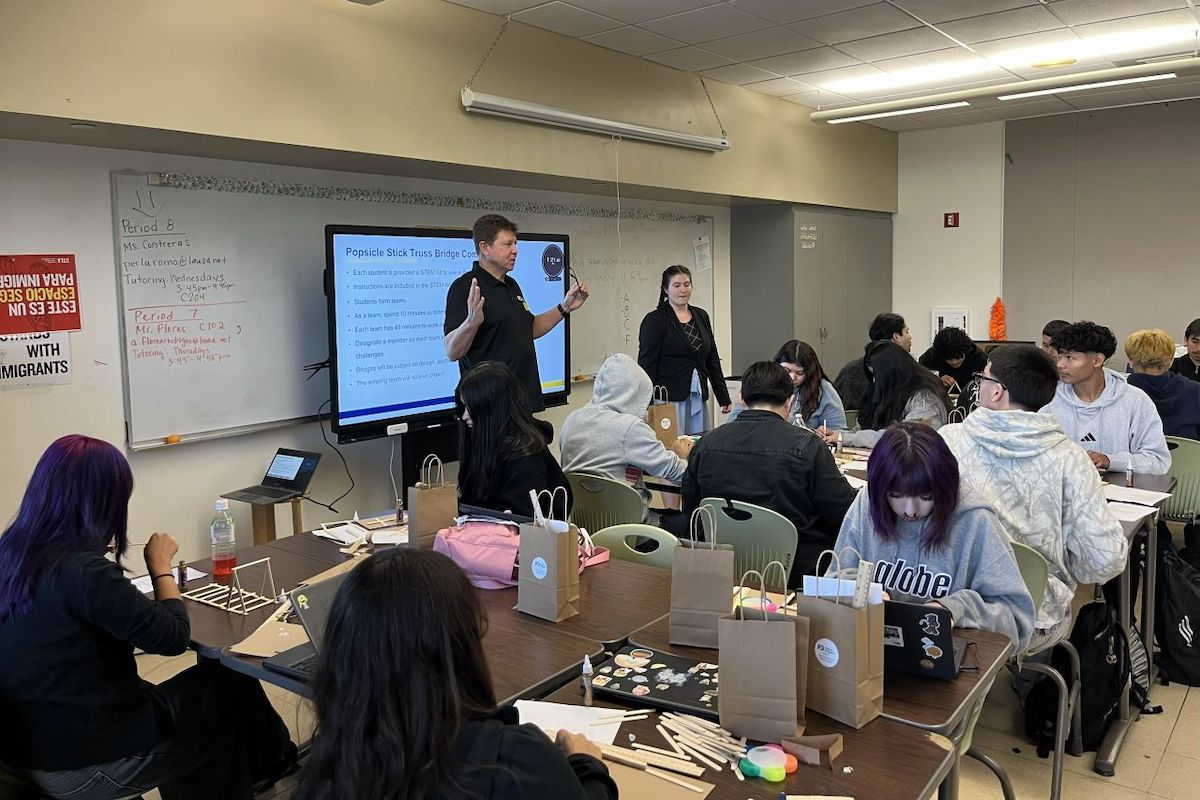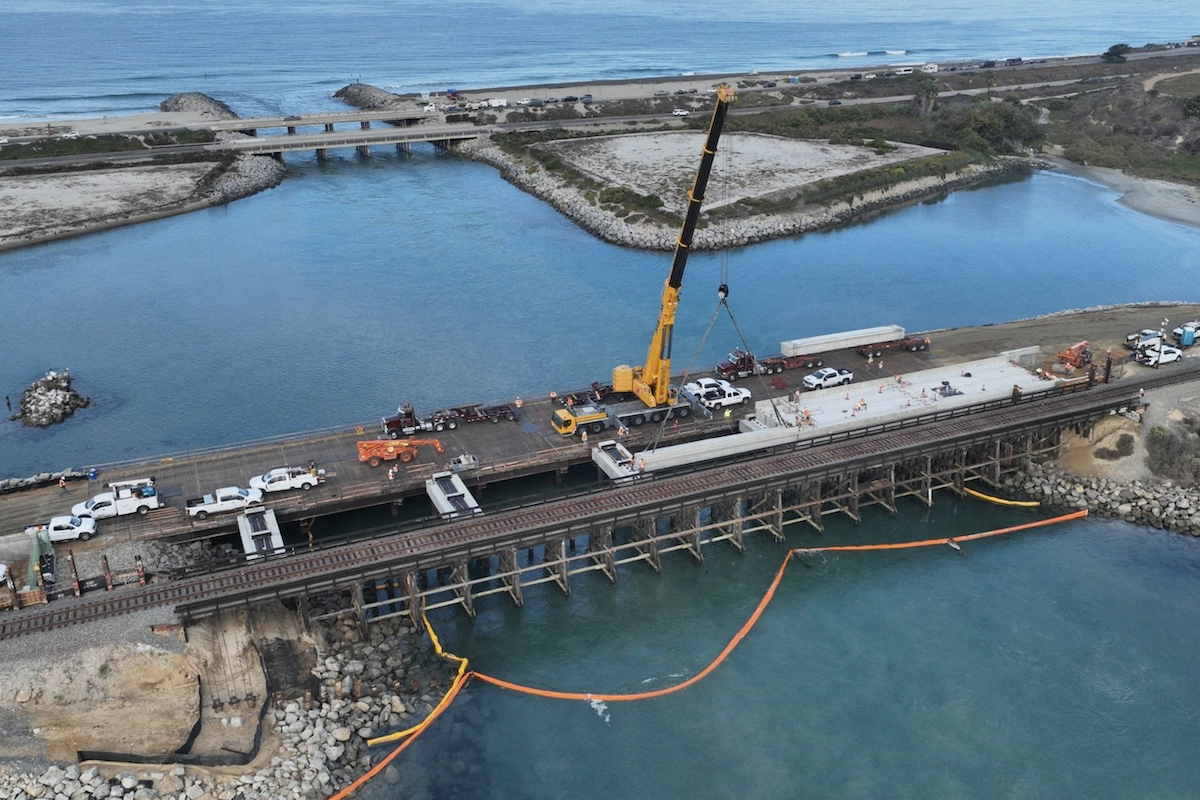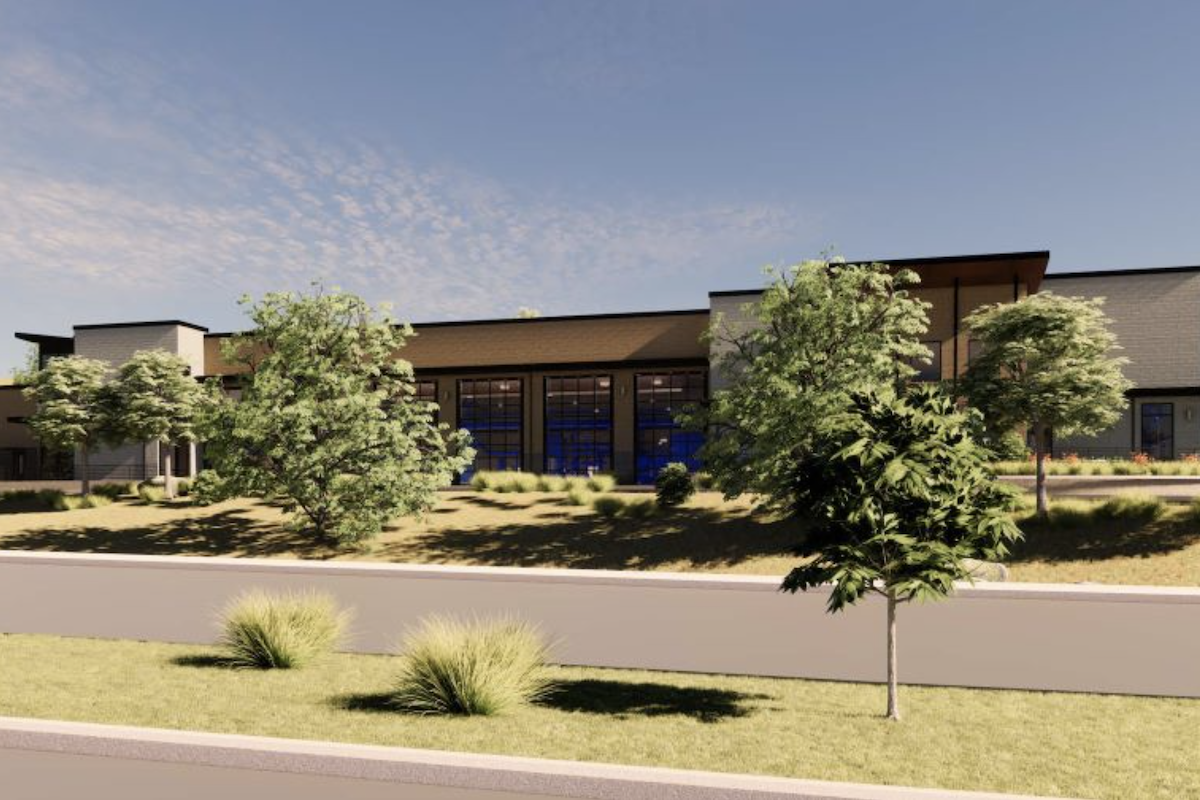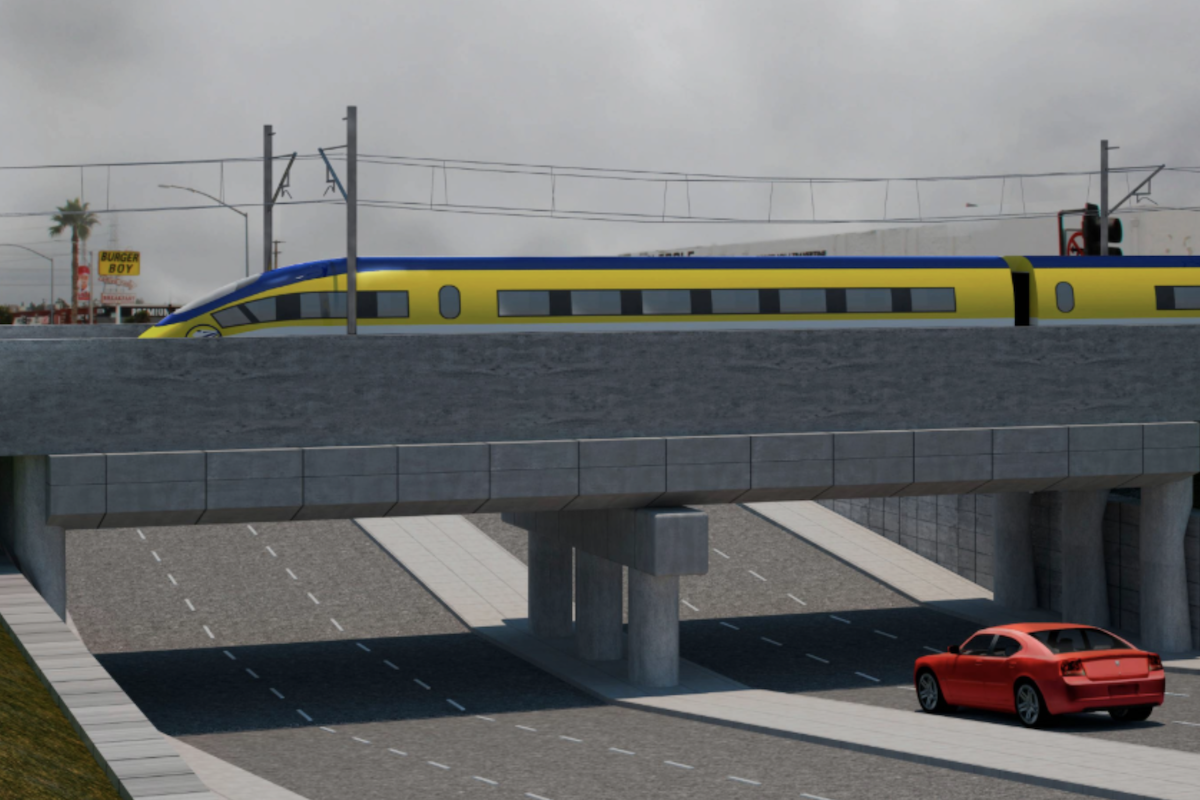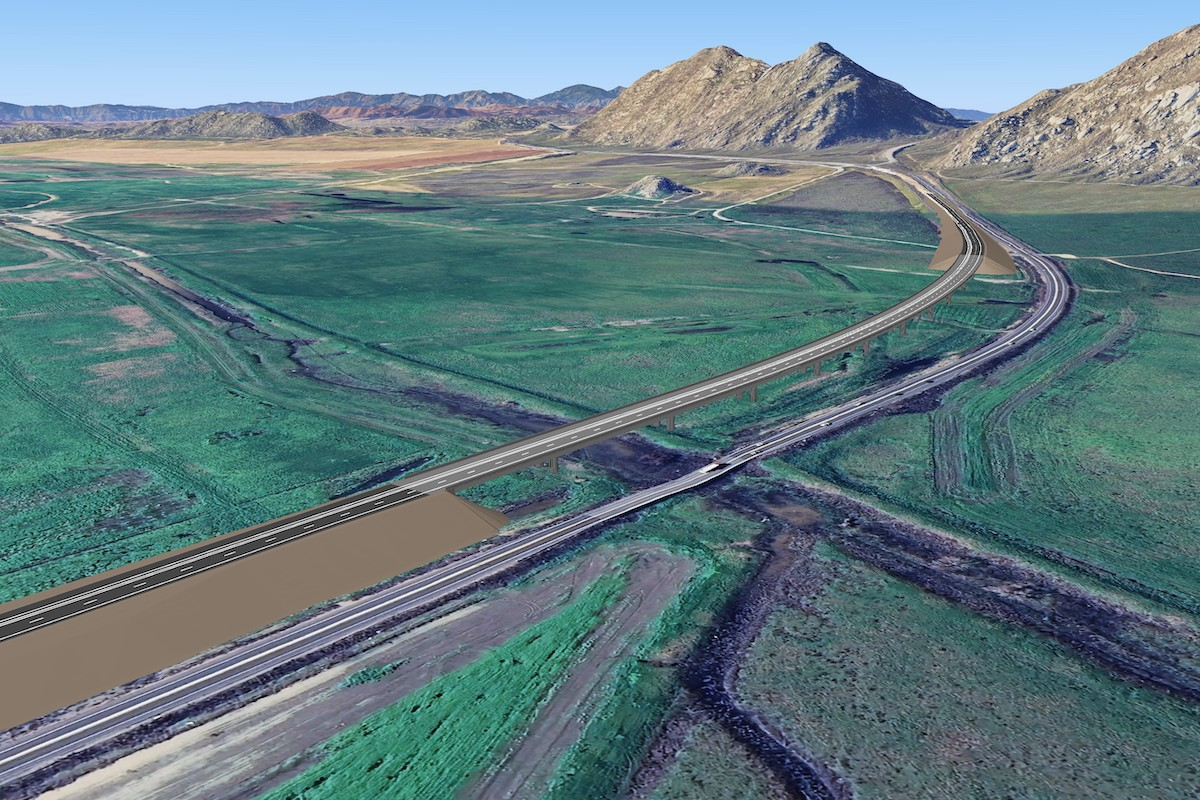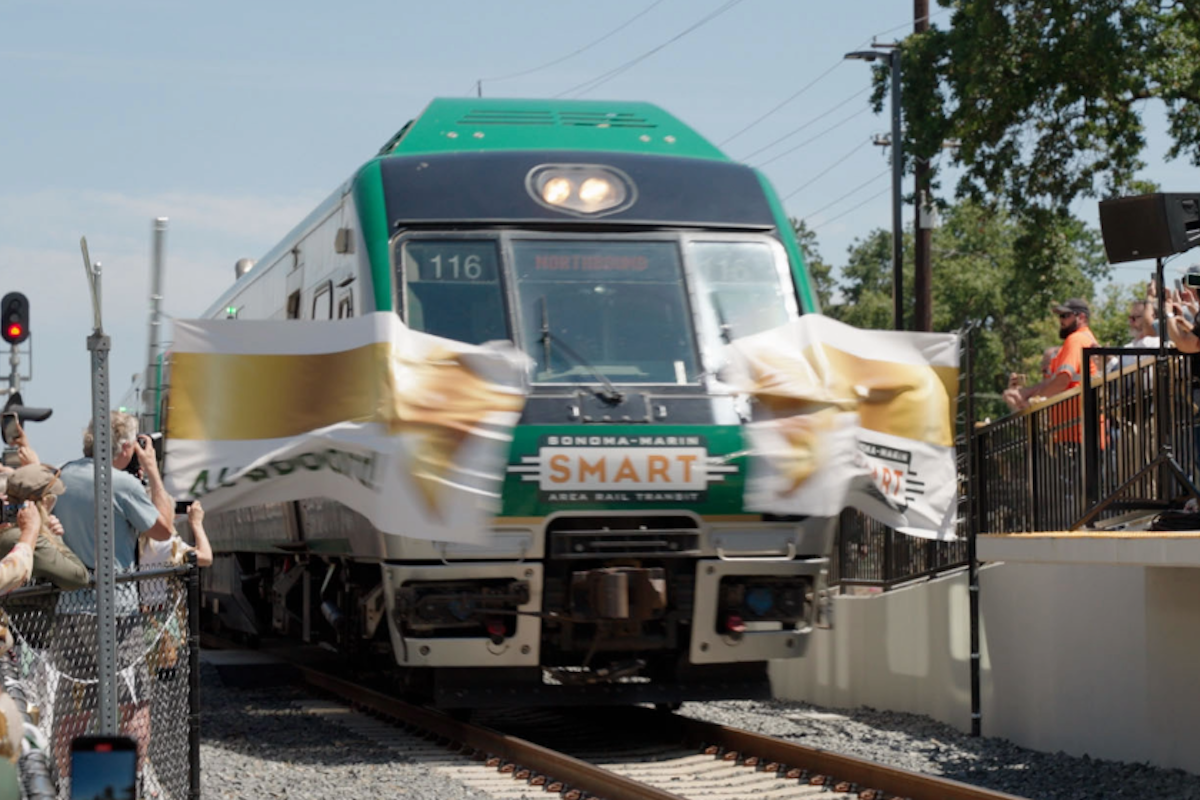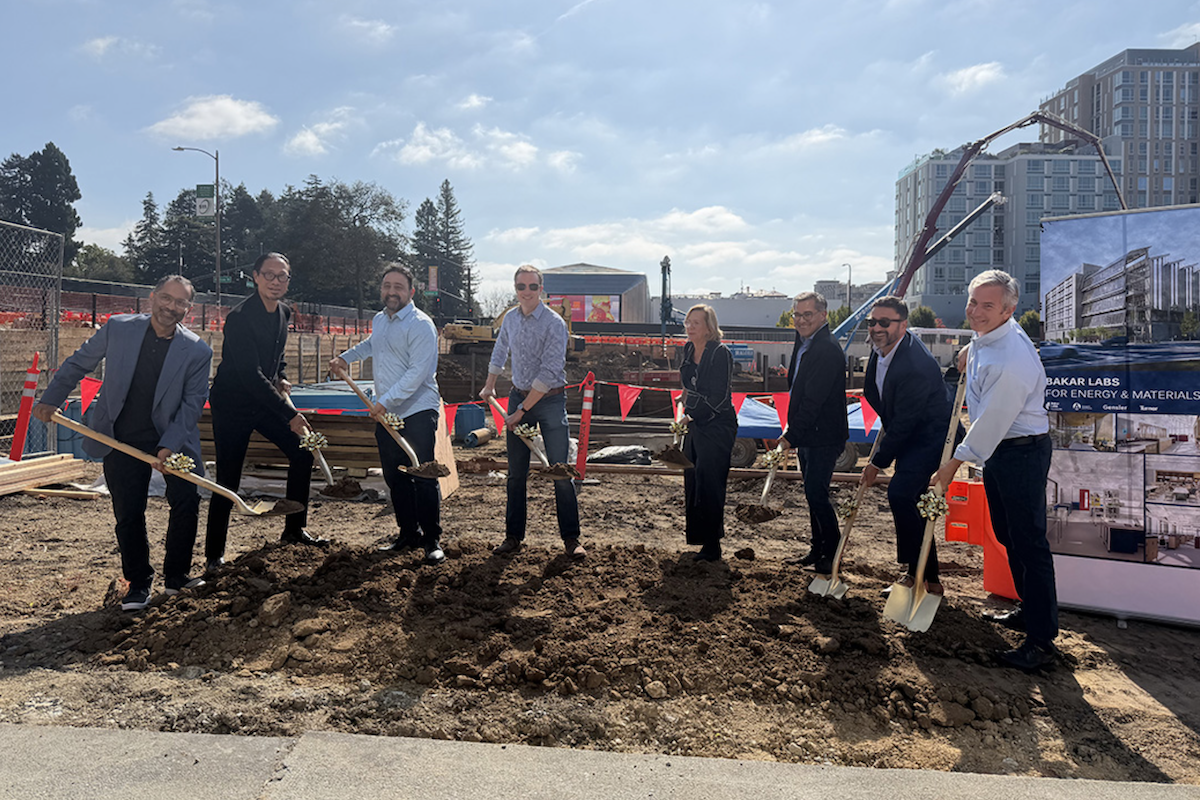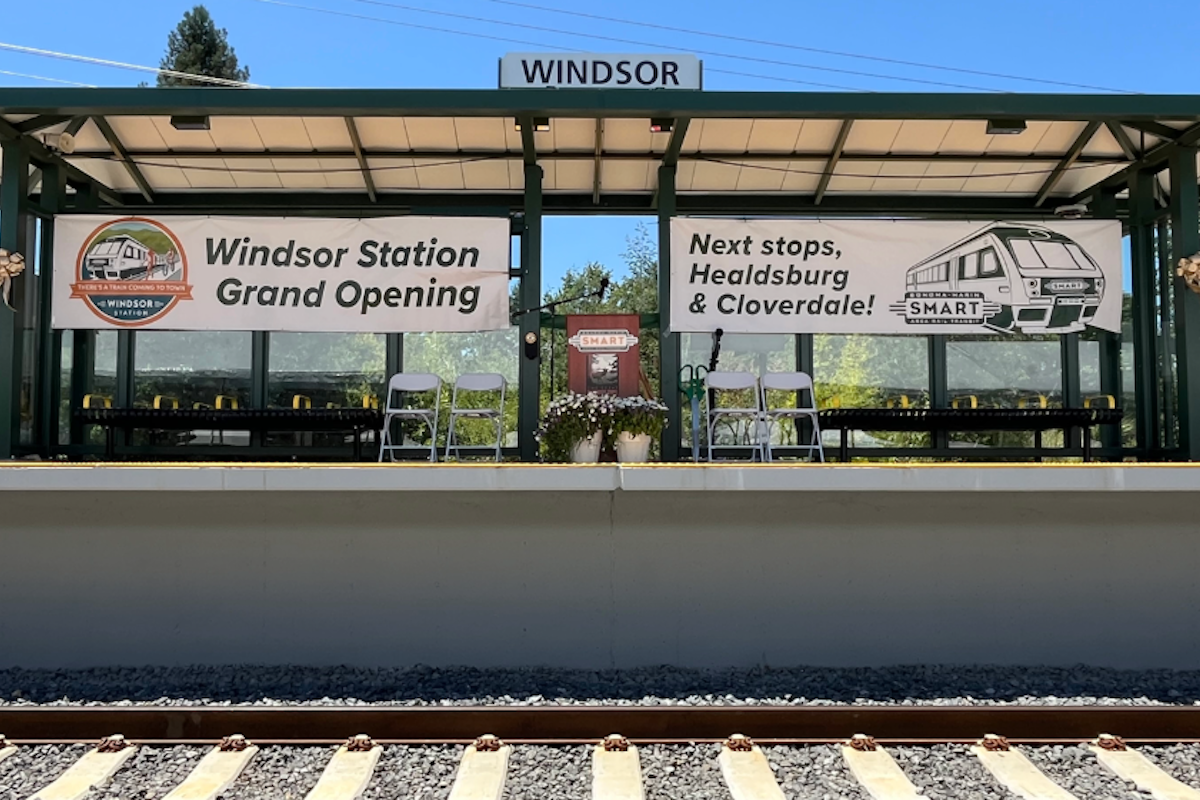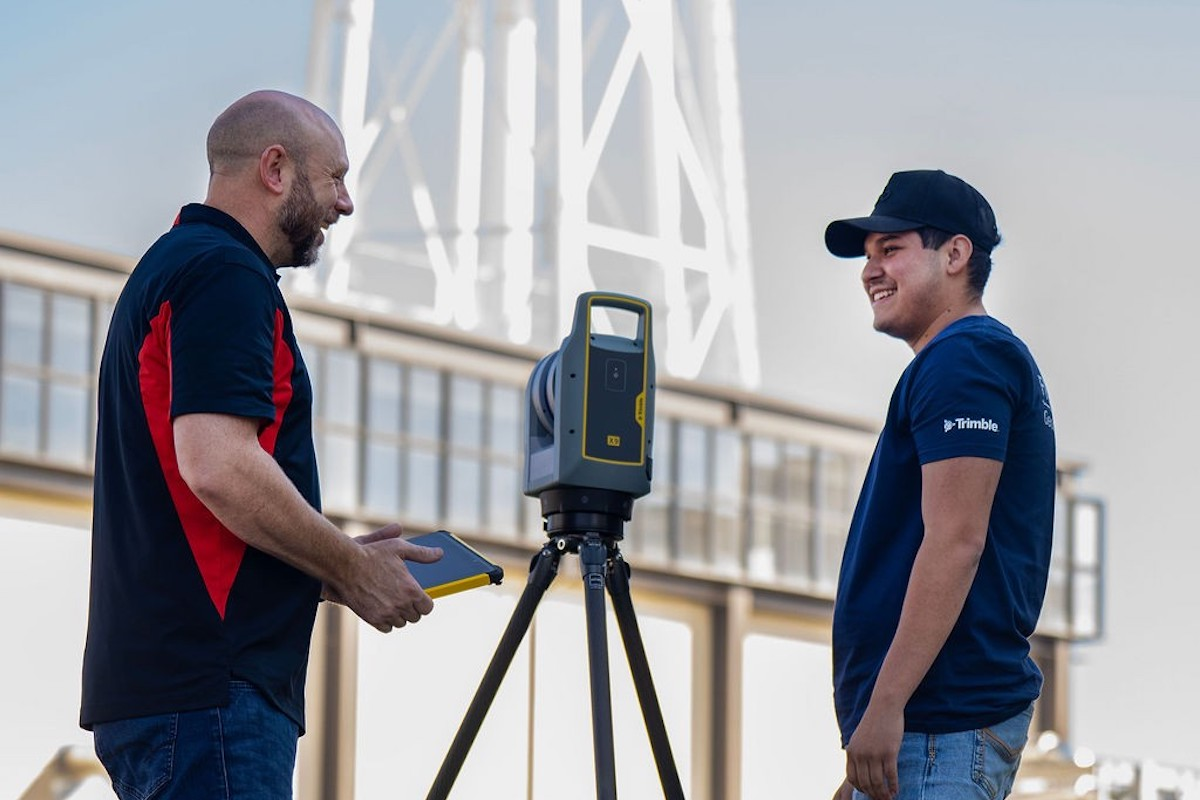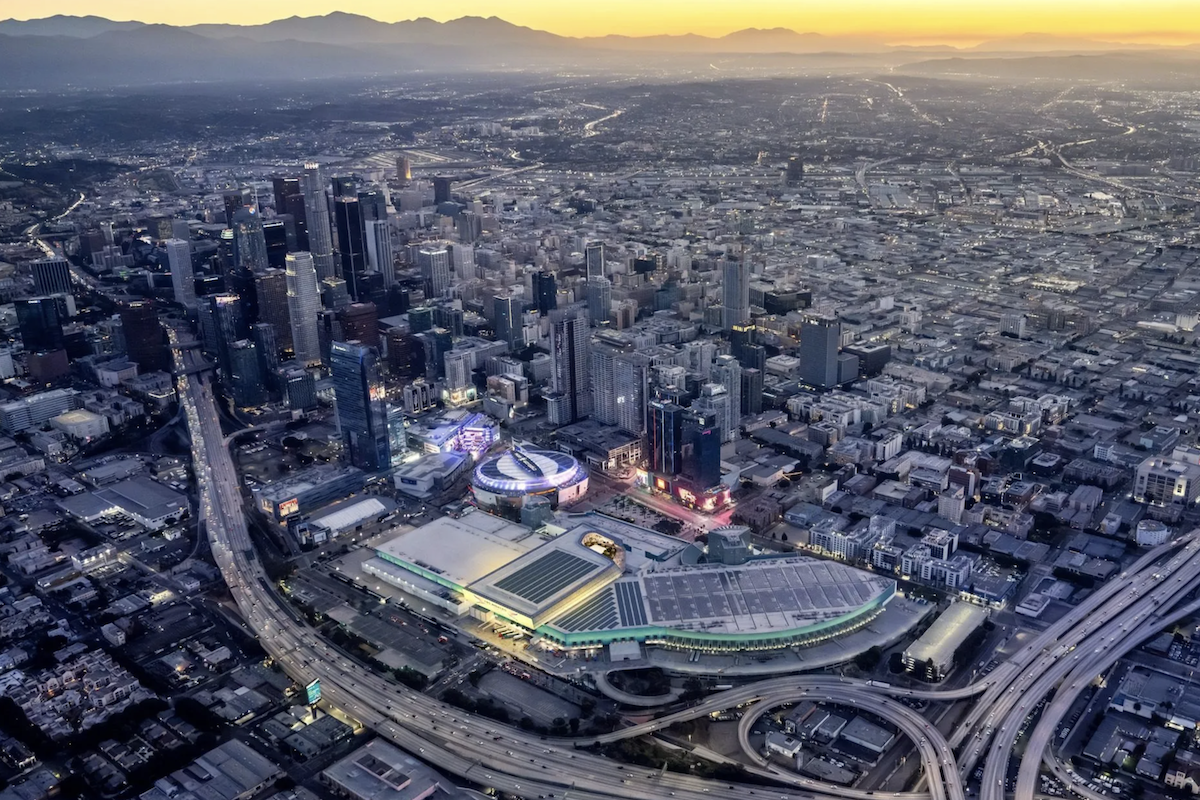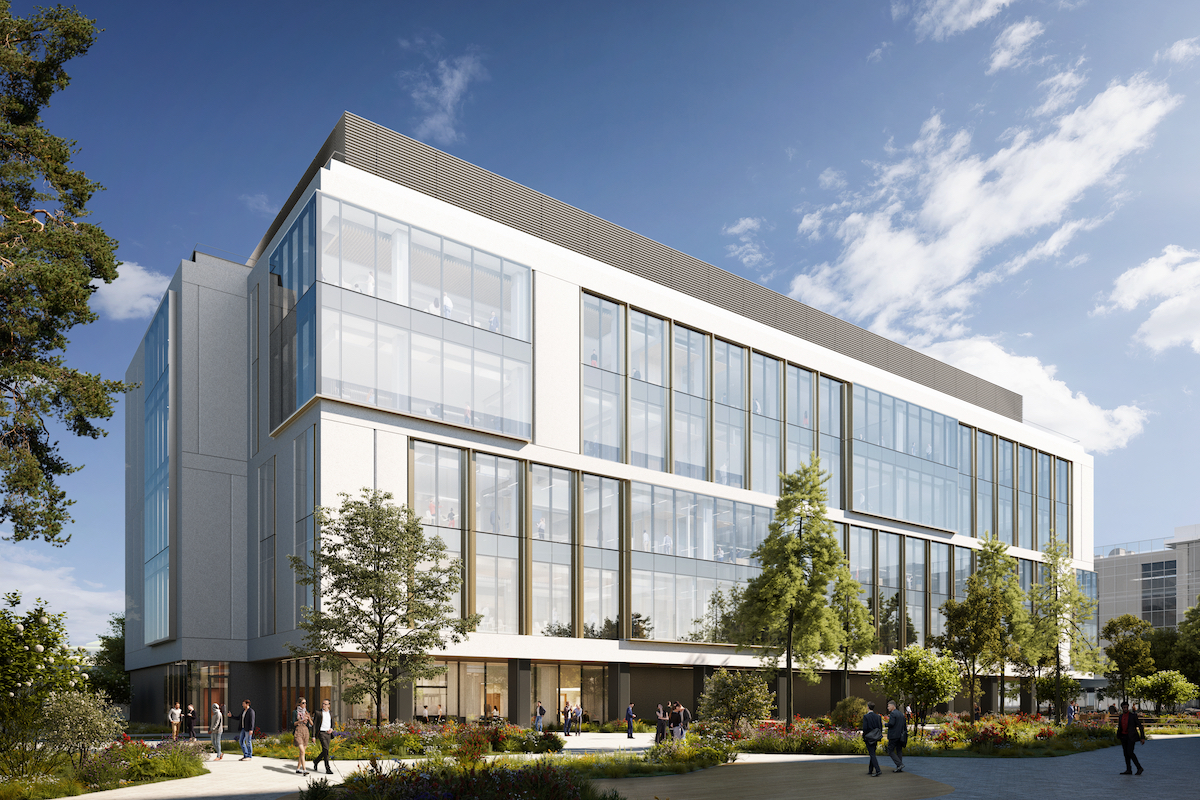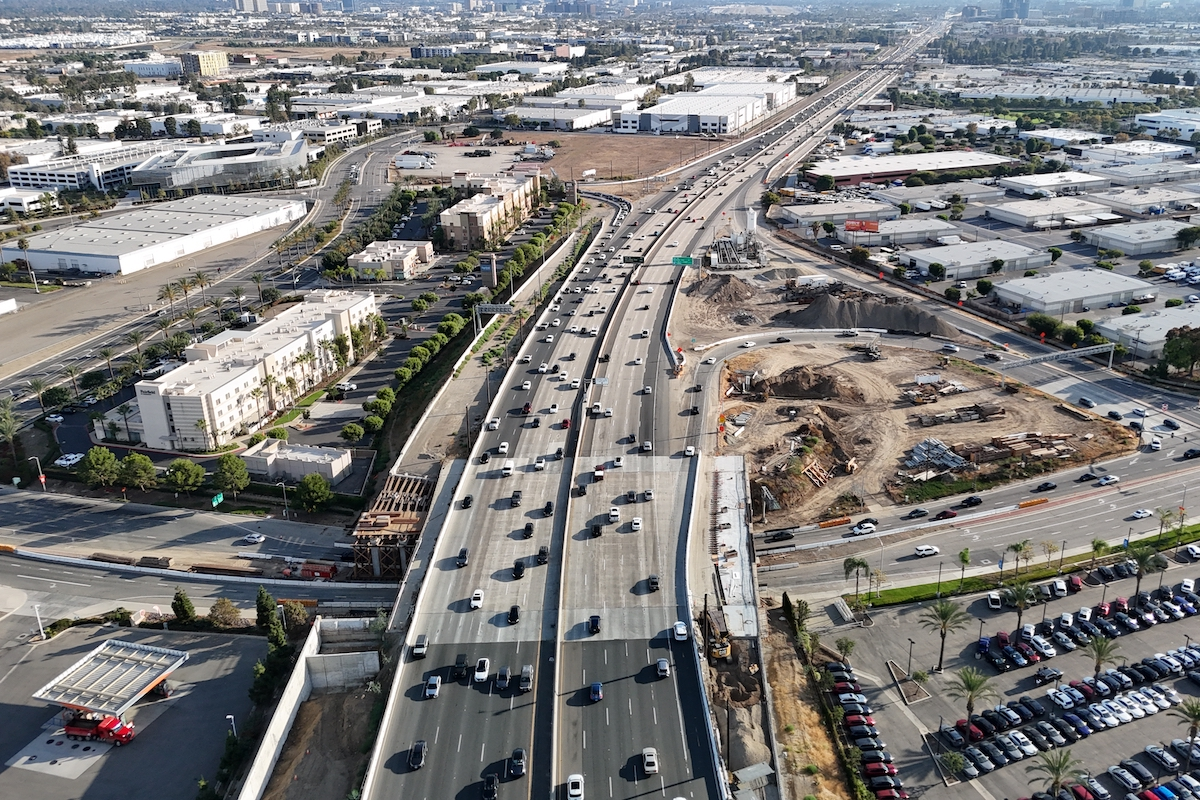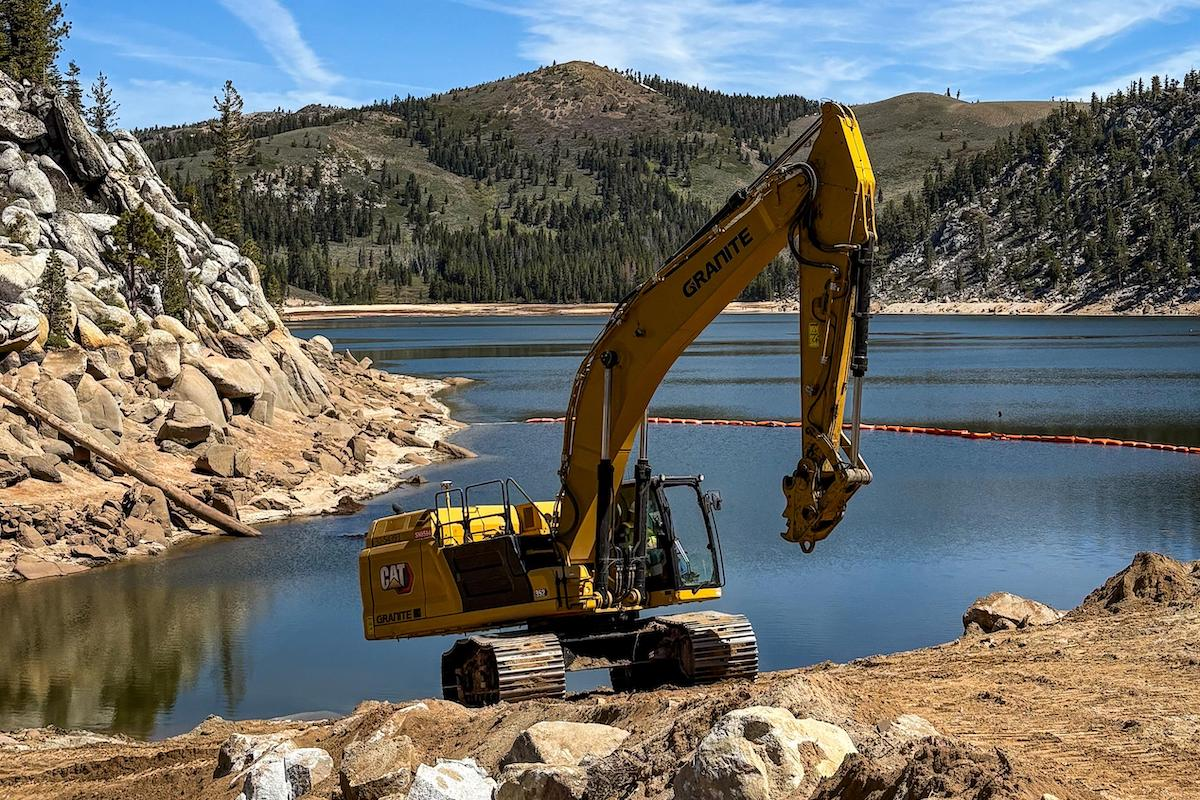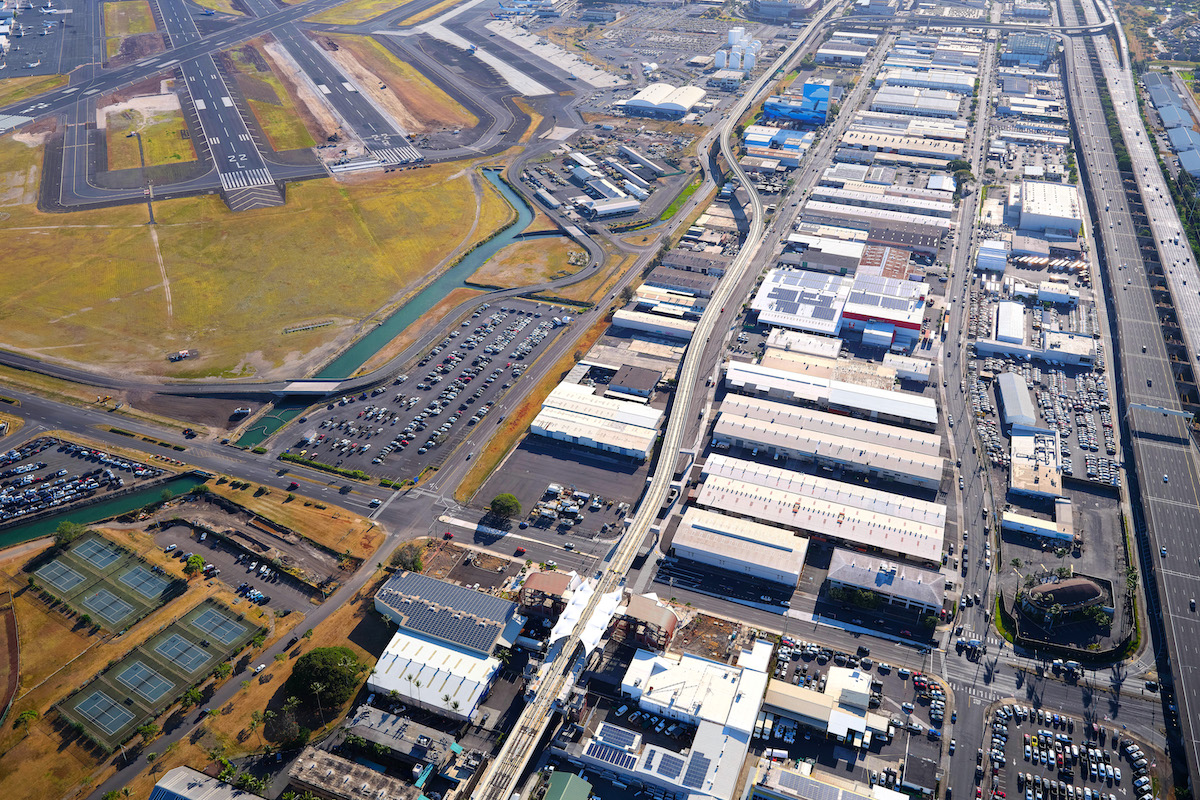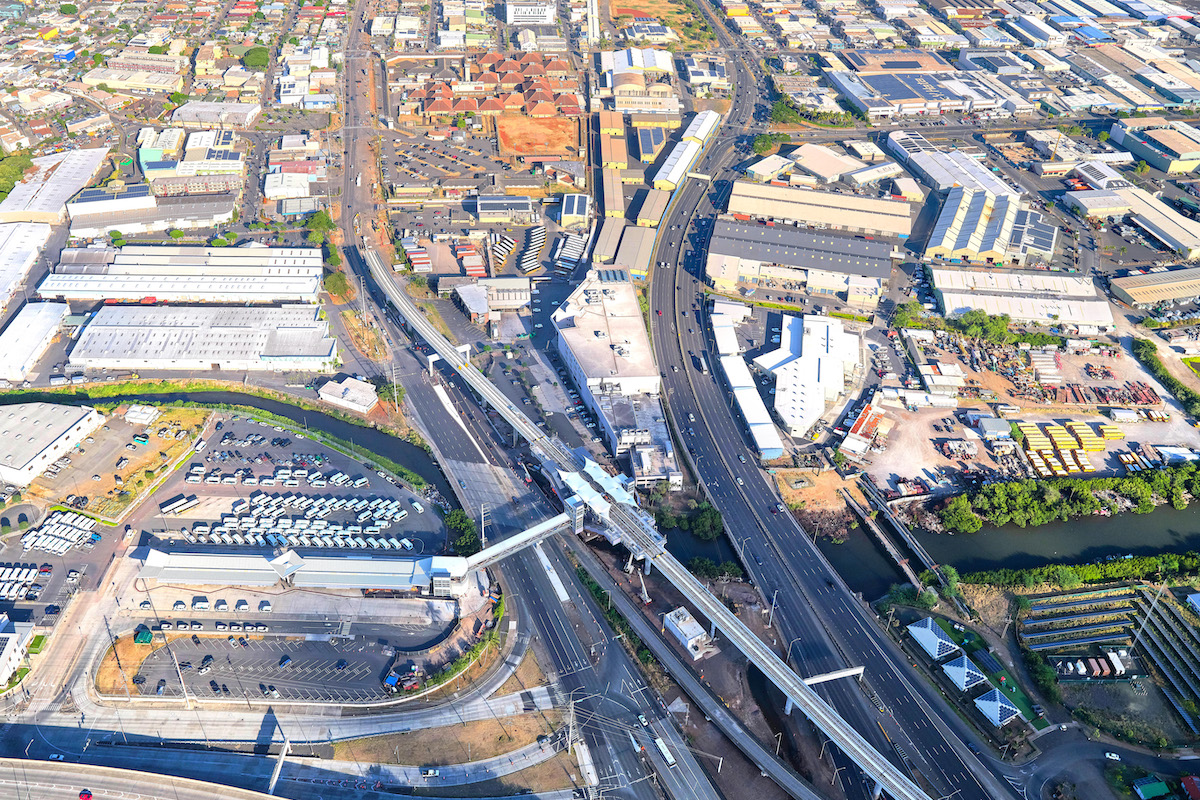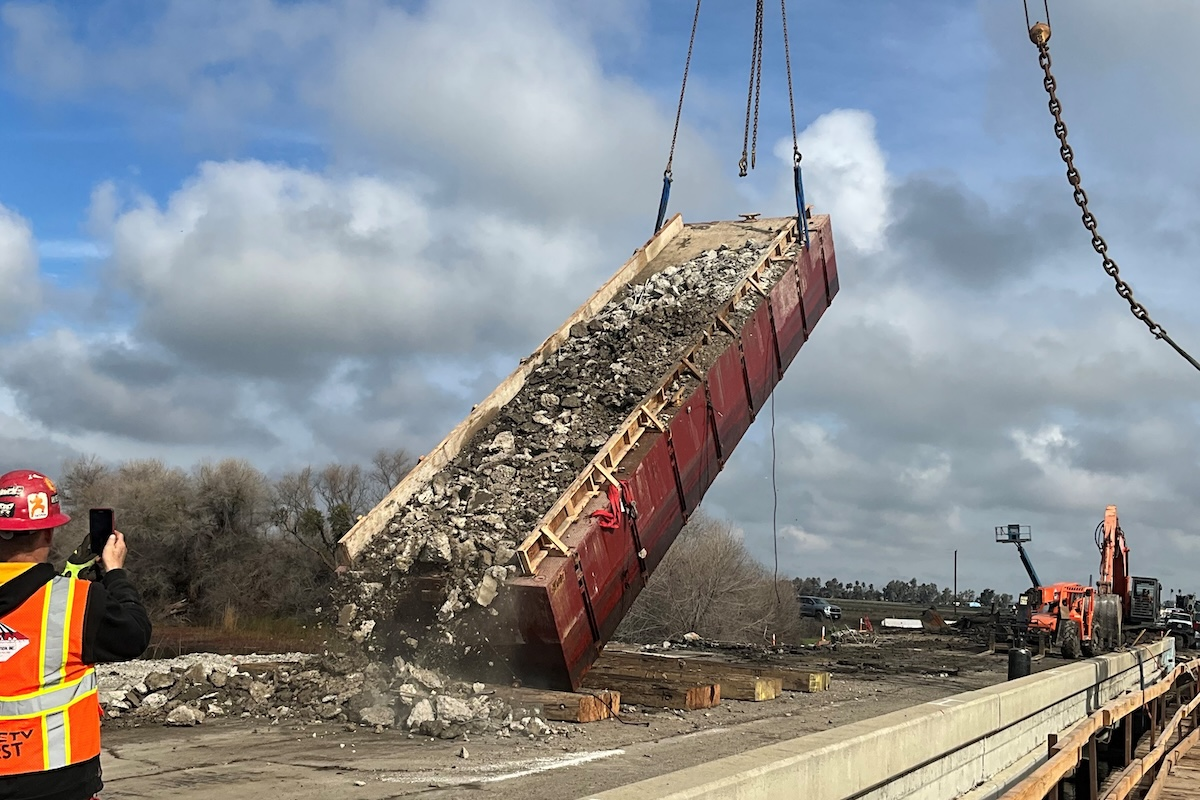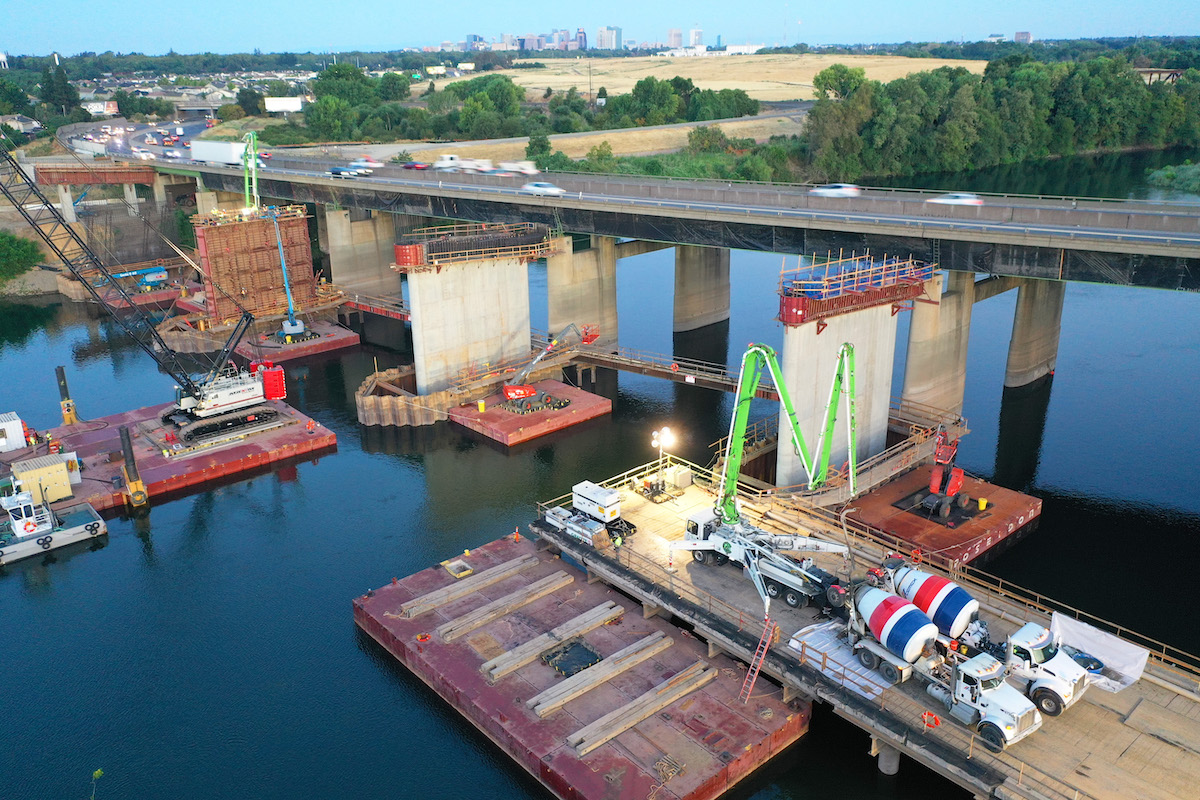Broadway Street, which starts in downtown San Antonio and runs north, is more than a major thoroughfare. In what is known as the “Broadway Cultural Corridor,” the road connects San Antonio's numerous midtown cultural attractions with the downtown business district. Located along or adjacent to the corridor are historic buildings, museums (including the Witte Museum, the city's most visited museum), parks, shopping, and popular dining spots.
The Broadway Project currently underway is a complete reconstruction of the 1-mile span between East Houston and I-35, and it includes the removal of a traffic lane, the addition of wider sidewalks, and the creation of accommodations for pedestrians and public transit. Additionally, the area is experiencing significant redevelopment and new development, resulting in the need to upgrade utilities and to make the area safer for anticipated increases in pedestrian traffic.
Among the other improvements are bike lanes, driveway approaches, traffic signals and drainage improvements, as well as new utilities, extensive landscaping, pedestrian lighting, and a green infrastructure, low-impact development approach to managing stormwater runoff.
The City of San Antonio is the owner of this design-build delivery project, which began construction in the summer of 2020 and is anticipated to be completed — ahead of schedule — later this year.

| Your local Gomaco dealer |
|---|
| Terry Equipment |
“Broadway Street is a main artery into downtown San Antonio and the Alamo area,” said Razi Hosseini, PE, Director/City Engineer with the City of San Antonio Public Works Department. “With locals and tourists alike coming through, the reconstruction is key for making it safer for travel. This area of the city is experiencing significant growth that demands updated infrastructure and improved pedestrian facilities. The public overwhelmingly approved this project as part of the 2017 Bond Program.
“The project will transform Broadway, from Houston Street to I-35, into a street that is safer and pleasant for drivers, pedestrians, and the many businesses along the corridor. Improvements include roadway reconstruction, curbs, sidewalks, decorative pavers, driveway approaches, underground drainage, ADA wheelchair ramps, pedestrian lighting and amenities, landscaping, and utility upgrades. Also included with the construction was new underground infrastructure to upgrade old facilities, including water and sanitary sewer, underground electric, and underground telecom facilities.”
Hosseini said that the Broadway Street Corridor project's funding, from San Antonio's 2017 to 2022 Bond Program, totals $61.43 million. A breakdown of the funding is below (in rounded figures):
- 2017 General Obligation Bond (Street) - $27.15 million
- AT&T Contribution - $4 million
- CPS Energy - $14.7 million
- San Antonio River Authority - $396,195
- San Antonio Water System - $8.23 million
- Tax Increment Reinvestment Zone - $6 million
- Tree Preservation Fund - $965,000
Sundt Construction is the general contractor and AECOM is the design partner for the Broadway Street Project. Other project partners include: Merrick, Unitech, CobbFendley, MP Studios, HVJ, Talk Strategies, Raba Kistner, Bartek, 8A Electric, WPM Construction, Brightview, Gulf Coast, Lone Star, Presidio, D Guerra, and TRP.
“The owner and the design-build team can be co-located in an office together to ensure a thorough, well planned, and thought-out design and construction for a project that was going to essentially be a transformational project as a main corridor into downtown San Antonio,” he said.
The Broadway Reconstruction Project has been executed in three phases: utilities, roadway reconstruction, and sidewalks/landscaping.
“The underground utilities represent a significant portion of the work and the challenge on this project,” O'Reilly said. “Sundt has had to coordinate closely with the San Antonio Water System, CPS Energy, and other utility providers to navigate what’s underground. Some of the water and sewage lines date back to the 1800s. Sundt has taken a hybrid approach to this process, using in-house building information modeling resources, and sometimes just opening the ground up to put eyes on the lines. The utility phase of the project lasted about two years. Additional phases included the roadway reconstruction and the final phase, currently in progress, is sidewalks and landscaping.”
O'Reilly pointed out that the project includes green infrastructure to manage stormwater runoff. “Sundt collaborated with the San Antonio River Authority to design and install 4,750 square feet of bio-filtration structures [bioswales] to capture and treat storm water runoff before it enters the City of San Antonio's drainage system,” he said. “The bioswales are connected to the stormwater system that feeds the treated runoff directly into the San Antonio River.”
Bioswales are landscape features that collect polluted stormwater runoff, soak it into the ground, and filter out pollution. Bioswales have complex design features such as layers of engineered soil and gravel, perforated pipe underdrains, and overflow structures to help handle runoff from bigger storms. Bioswales use native plants to help absorb more water and prevent erosion.
The Broadway Project is a complex undertaking, designed to improve far more than just the roadway itself. Hosseini highlighted some items that illustrate the size and scope of the project.
“This project encompasses 1 mile of roadway reconstruction in downtown San Antonio and includes eight signalized intersections and 24 commercial driveways,” he said. “The new pavement includes a 23,000-square-yard asphalt section consisting of 2-inch Type D HMA [hot mix asphalt], 2-inch Type C HMA, and 10-inch Type B HMA along with density-controlled subgrade. Additionally, there are 1,250 square yards of bus pads and foundations to facilitate nine new bus stops for VIA Metropolitan Transit.
“Street and drainage improvements include expansion of the sidewalk from the existing 5 feet to 9 to 17 feet with paver banding patterns. Modified 10-foot-wide ADA ramps have been installed to facilitate increased pedestrian foot-traffic. Safety will be increased with the addition of 116 new pedestrian path lighting fixtures. Extensive landscaping is included, adding 4,300 small plants and 116 new trees.
“The project also includes the design and construction of 5,168 linear feet of protected bike lanes adjacent to the Broadway Street project limits. Other improvements include 27,000 square yards of mill and overlay of Type D HMA and 5,692 square yards of new sidewalks and driveways.”
Hosseini said that due to the pre-existing condition of older utilities and the increase of demand due to the corridor's growth, Sundt designed and constructed the following utility infrastructure along Broadway:
- AT&T - 5,050-linear-foot duct bank for AT&T and 13 additional telecoms
- San Antonio Water System (SAWS) Sewer - 3,043 feet of sewer lines with 58 new customer connections
- SAWS Water - 6,176 feet of water lines with 100 new customer connections
- CPS Energy Network - 3,200-linear-foot duct bank
- CPS Energy Distribution - 1,420-linear-foot duct bank
- CPS Energy Overhead to Underground Aerial Conversion - 3,680-linear-foot duct bank bored under eight intersections
“This project required a significant amount of coordination with stakeholders,” O'Reilly said. “We had probably 90 stakeholders within a 1-mile radius, from the various utilities including SAWS, CPS Energy, and multiple telecom companies, to the many business owners along the street. Our team approached stakeholder engagement with transparent and frequent communication. Earlier in the project, we hosted weekly meetings with stakeholders to give project updates so they would know the progress of our work and any anticipated impacts. Those meetings have shifted to a biweekly schedule.
“A major change occurred earlier in the project when we needed to rephase part of the project due to a delay with one of the telecom utilities. They experienced some COVID-related issues with staffing and procurement. We re-did the schedule to prevent the overall project schedule from being delayed.”
A wide range of construction equipment has been utilized on the project. These include: Caterpillar 308 and 315 Small Excavators; John Deere 50G and 135G Small Excavators; John Deere 245G Medium Excavators; Caterpillar 335 and 345 Large Excavators; Caterpillar 914, 938, and 950 Wheel Loaders; John Deere 644P Wheel Loaders; Bobcat T76 and T740 Skid Steer Loaders; Caterpillar 299 Skid Steers; John Deere 331 and 333 Skid Steers; Bomag 66-inch Compactor; Caterpillar D3 Dozer; and RoadBroom 2,000-Gallon Water Truck.
The Broadway Street Reconstruction Project will spur new development, better connect cultural and entertainment locales, and enhance the overall San Antonio experience.
“This project will provide updated infrastructure to improve safety for the drivers, pedestrians, and cyclists that visit or travel through this fast-growing area of San Antonio,” Hosseini said. “Residents and businesses alike will benefit from these updates and utility upgrades.”





















